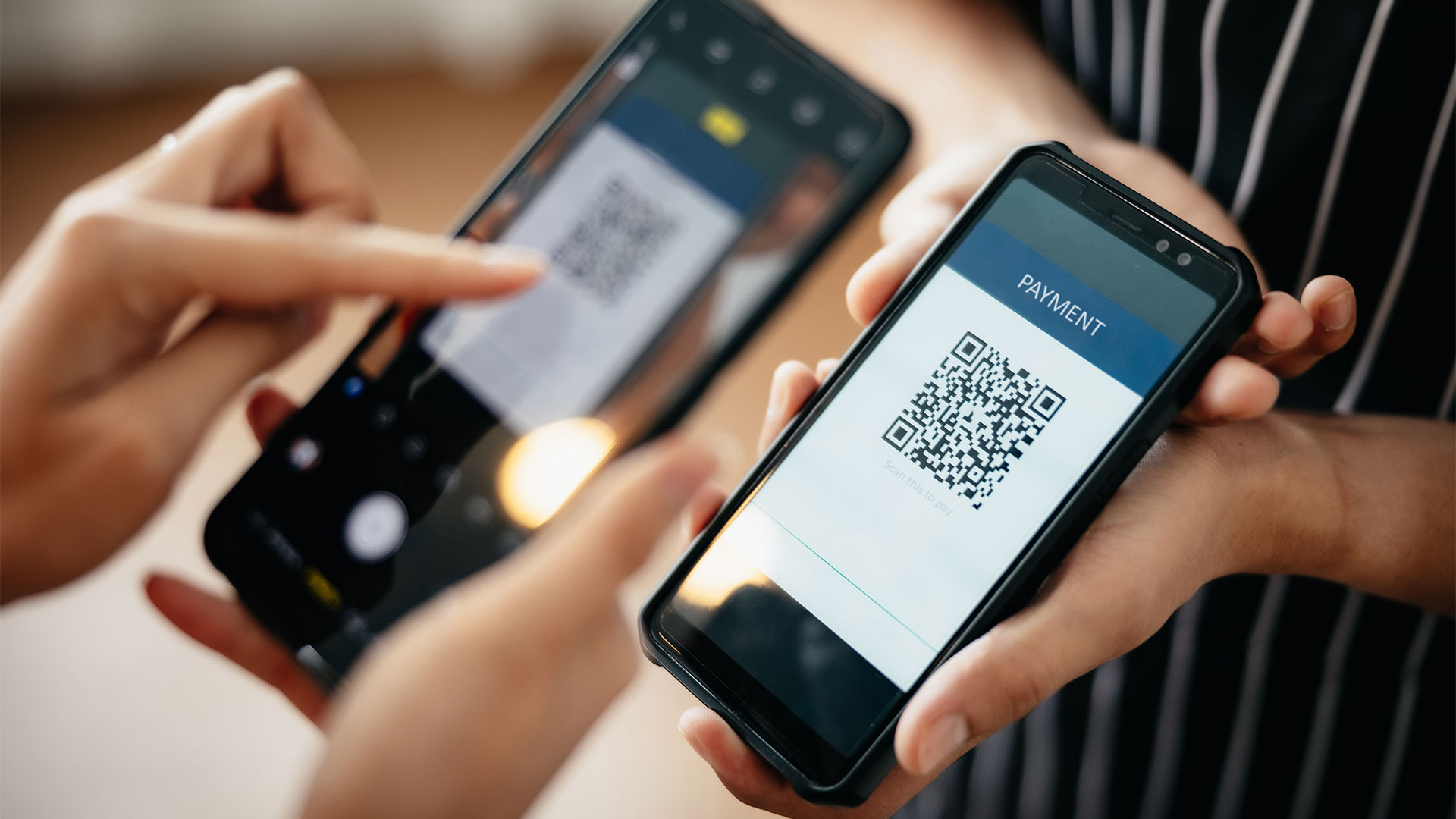The central banks of Indonesia and Singapore are pursuing payments connectivity with QR codes and also promoting the use of each others’ currencies to boost trade and investment in the region.

The central banks of Indonesia and Singapore have announced a QR code scheme that will push quick and easy cross-border payments towards being a widespread reality. The project is a sign of growing economic integration in the ASEAN [Association of Southeast Asian Nations] region that will accelerate cashless payments as well as financial inclusion.
The project, which was announced at the end of August, intends to link the QR code schemes of Singapore and Indonesia so that individuals can pay from their home accounts while visiting the other country. At the same time businesses will be able to expand their customer base by being able to accept payments via QR codes from another country.
The payments link is expected to be launched in the second half of 2023 and will mean Indonesia’s QRIS standard and Singapore’s NETS QR codes will be accepted in the other country. Singaporeans, for example, who have a NETS account at home will be able to use their usual app to scan the code and pay when visiting Indonesia, and vice versa. And Indonesian merchants will be easily able to accept payments from Singaporeans who are visiting their country.
Using the smartphone app, a user can scan the merchant’s QR code with their phone – which reads the necessary transaction data – which then automatically enables the payment to go from their account. It is an alternative payment form to plastic cards and contactless payments that rely on tapping the card or smartphone against a device that reads information from a chip.
In a statement announcing the project, the central banks said that this payment connectivity between Indonesia and Singapore will empower individuals and businesses, particularly micro, small and medium enterprises, to conduct their cross-border trade, e-commerce and financial activities more efficiently. It will also support tourism growth as travel resumes in the post-pandemic era.
As travel returns to pre-pandemic levels, this ease of cross-border commerce is expected to provide a boost to the local economies. The central banks estimate this year there will be approximately two million people arriving in Indonesia from Singapore, and three million from Indonesia arriving in Singapore. No longer will those travellers have to maintain separate accounts or convert money into cash for purchases in the country they are visiting.
Perry Warijyo, Governor of Bank Indonesia (BI), said that payment digitalisation and cross-border payments have become a priority in ASEAN. He noted that connecting the QR schemes of the two countries “serves as a key to improving transaction efficiency, promoting digital economic and financial inclusion, and strengthening macroeconomic stability by promoting more extensive use of local currencies for bilateral transactions. Bank Indonesia believes that the initiatives mark a key milestone in strengthening bilateral financial cooperation between Singapore and Indonesia,” he said.
The Managing Director of the Monetary Authority of Singapore (MAS), Ravi Menon, also noted that this connectivity project is a milestone in achieving payments integration in the region and will support the “vibrant cross-border trade corridors within the region”.
Also, MAS and BI announced a memorandum of understanding (MOU) between the two countries to promote the use of local currencies for bilateral transactions, which is also part of a wider ASEAN goal of increasing financial integration for trade and investment. For companies, it will help them reduce their FX exposure when conducting cross-border transactions.
Menon commented that this use of local currencies complements the QR payments connectivity and will “further facilitate the settlement of bilateral transactions between Singapore and Indonesia in their respective local currencies.”